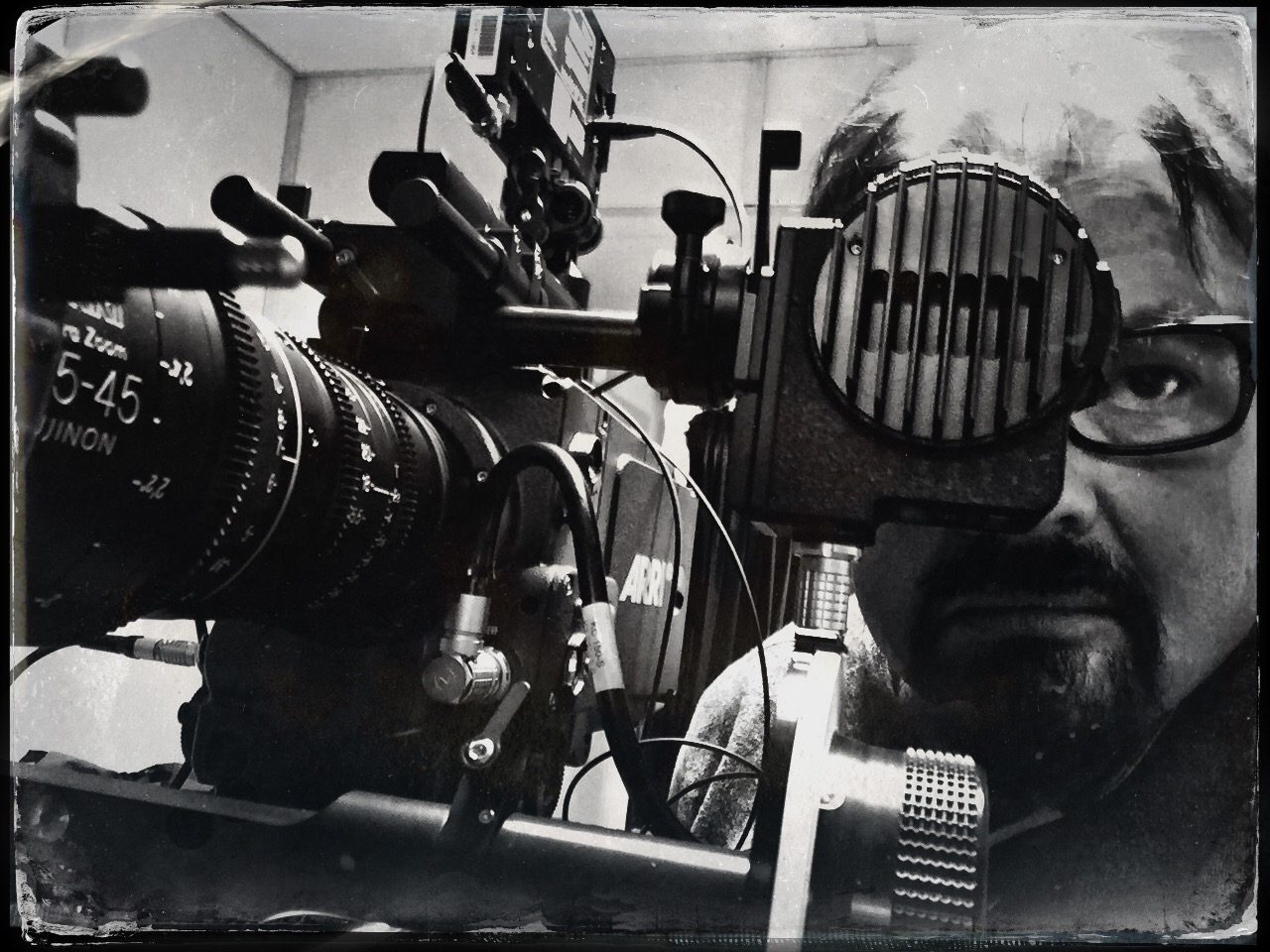Firstly, writing a research proposal is not easy, or I should say formulating the research question is a difficult proposition. I started this process several months ago with just a very basic outline of what I was most passionate about in Film production (Documentary) and then the hard work began. I had this idea about a question that only the production of a documentary film could answer and be accessible to both academics and the general public. Getting started, have a plan, which again takes thought and is definitely worth doing before starting to research your chosen subject. For example, my plan and initial research centred on identifying the institutions that supported a PhD by practice and in my chosen field, that is Documentary Film. After identifying the surprisingly small number of institutions that could possibly support my studies and supervise my PhD project, the next step was to find a supervisor.
Supervisors. Finding a supervisor for your project can also a great way of talking to specialists in your chosen subject, gaining knowledge and assistance in producing your research proposal. I was fortunate to find a number of potential supervisors through their University staff pages. I think it is important to follow up any exchange of emails with a telephone conversation and possibly a meeting to discuss your project, I certainly did both of these.
What is the contact sequence? I contacted my potential advisors by email, just by expressing my subject interest and seeing if there is a mutual interest. I then followed up positive responses with my outline research proposal. Now I only had positive responses, which I assume was due to my initial research into my subject and the interests of my potential supervisors. After all contacting an academic who specialises in History for example, when your chosen subject is about the Environment isn’t really going to be of interest. Next arrange a telephone conversation or just jump into a Skype call, but ask permission OK, my contacts in the main made this suggestion anyway. For some I actual missed out on the telephone conversation and arranged to meet. Meetings. Be prepared, for some I just had an enjoyable chat on a subject of mutual interest but for some it felt more like a final exam, so be prepared.
Research Proposal Pitfalls
Note. Beware of writing your proposal to fit others, I do not mean the format or general guidelines as such, but I mean the subject itself. It is too easy to divert away from your chosen subject and the essence of what makes studying for a PhD passionate to you by making the proposal fit another project, or for an institutions requirements. Fortunately the institutions and supervisors I contacted in the main, were totally onboard with my proposal and I was grateful for all the assistance I received in focussing my proposal before submission.
Check your institutions research proposal guidelines. One size does not fit all for example some asked me to complete a online template with character count limitations for each section, others just has an overall character limit for example 8,000 and for some it was left up to the applicant as to how much to write.
Write for each institution, what I mean by that is taking note of the template sections, for example some ask for a specific response to a question like your approach to Ethics, diversity and another asked specifically how you would approach funding your research.
There are any number of guides available online with templates for writing your research proposal and in fact many of the institutions have application forms for you to download. examples can be found here:-
Find a PhD – Writing a Research Proposal
Collective Memory a Film Viewing List
 The Dukes Theatre/Cinema in Moor Lane, Lancaster City, run a series of Dementia Friendly Screenings a number of dementia friendly events events that including Cinema screenings of old films as part of the initiative ‘A Life More Ordinary’, which involves partner venues nationwide.
The Dukes Theatre/Cinema in Moor Lane, Lancaster City, run a series of Dementia Friendly Screenings a number of dementia friendly events events that including Cinema screenings of old films as part of the initiative ‘A Life More Ordinary’, which involves partner venues nationwide.







 This is about you, your personal skills and academic experience/abilities and why you have applied to study at this institution. This is important, basically you are selling yourself to the institution and it’s about how you can uniquely achieve your PhD research through your skillset and record of achievement thus far. For me this was my experience of documentary filmmaking and appropriate academic study in a film related subject.
This is about you, your personal skills and academic experience/abilities and why you have applied to study at this institution. This is important, basically you are selling yourself to the institution and it’s about how you can uniquely achieve your PhD research through your skillset and record of achievement thus far. For me this was my experience of documentary filmmaking and appropriate academic study in a film related subject.

